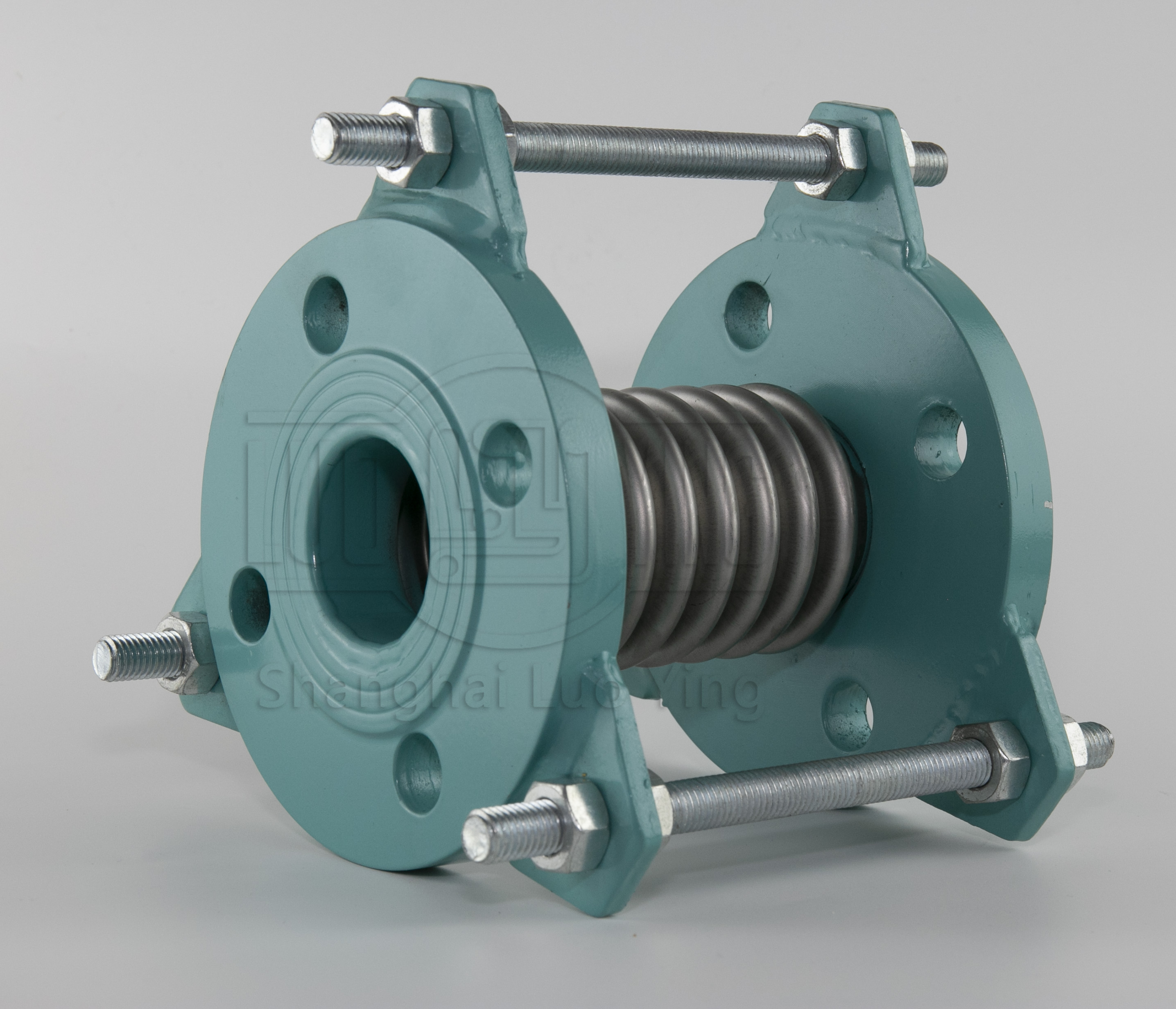Loads that can be carried by a pressure bellows compensator.
Aug-23-05
Loads that can be carried by a pressure bellows compensator.Pressure bellows compensators are widely used in various industries to absorb thermal expansion, vibration, and misalignment in piping systems. These compensators are designed to withstand different loads and pressures, making them suitable for a range of applications. In this article, we will discuss the loads that can be carried by a pressure bellows compensator.
One important factor to consider when determining the load-carrying capacity of a pressure bellows compensator is the material of construction. Pressure bellows compensators are typically made from materials such as stainless steel, high-strength alloys, or other suitable materials that can withstand high pressures and temperatures. The material selected should have sufficient strength to withstand the loads imposed on the compensator.

The pressure rating of the compensator is another crucial aspect to consider. Pressure bellows compensators are designed to operate within specific pressure ranges. The pressure rating indicates the maximum pressure that the compensator can withstand without failure. It is important to select a compensator with an appropriate pressure rating that matches the operating conditions of the system.
Additionally, the load-carrying capacity of a pressure bellows compensator is influenced by the design parameters, such as the effective area and the allowable stress of the material. The effective area refers to the cross-sectional area of the bellows that is subjected to the pressure-induced forces. The allowable stress is the maximum stress that the material can withstand without experiencing any permanent deformation or failure. These parameters are considered during the design and manufacturing process to ensure the compensator's load-carrying capacity is within acceptable limits.
Other factors that can affect the load-carrying capacity of a pressure bellows compensator include the mode of operation, the frequency and magnitude of vibrations, and the misalignment or offset in the piping system. These factors impose additional forces and stresses on the compensator, which should be considered in the design process to ensure the compensator can effectively absorb these loads.
In conclusion, pressure bellows compensators have the capability to carry a range of loads in piping systems. The load-carrying capacity depends on various factors, including the material of construction, design parameters, pressure rating, effective area, and allowable stress of the compensator. Careful consideration of these factors during the design and selection process is essential to ensure the pressure bellows compensator can effectively absorb thermal expansion, vibrations, and misalignment in the system while maintaining its integrity and performance.

